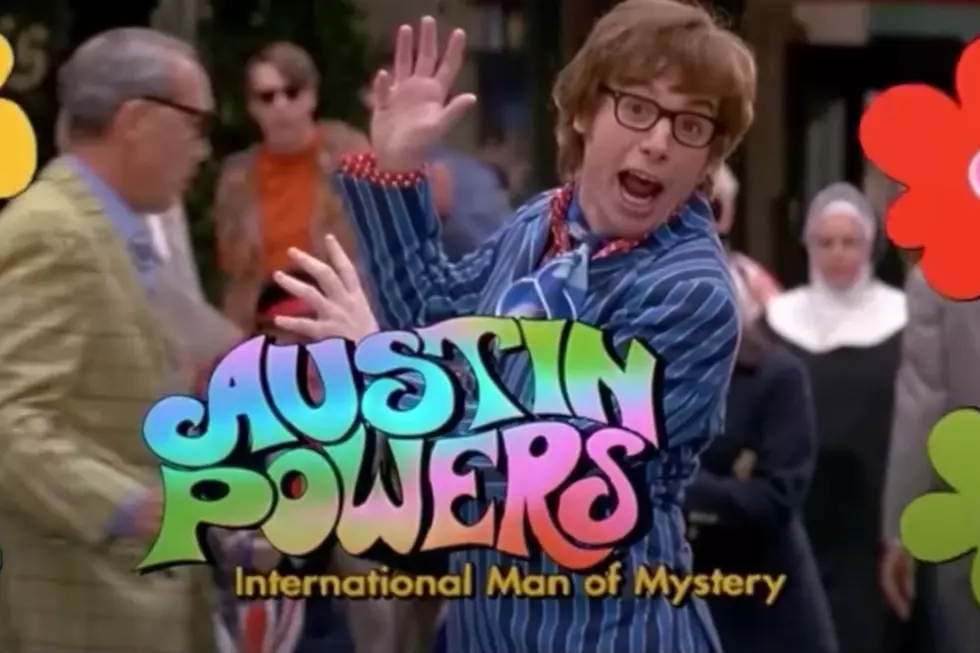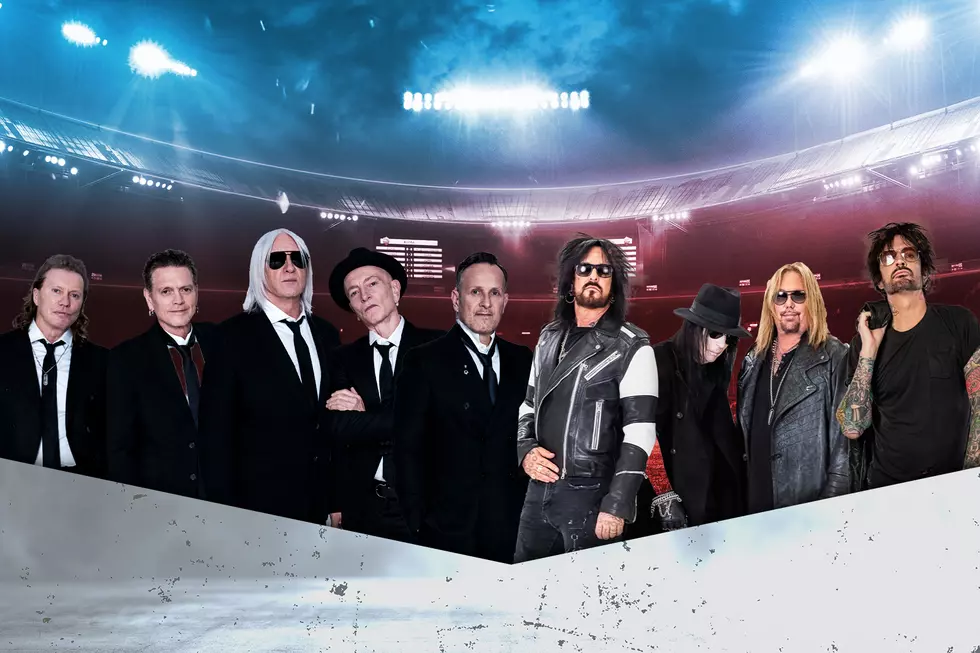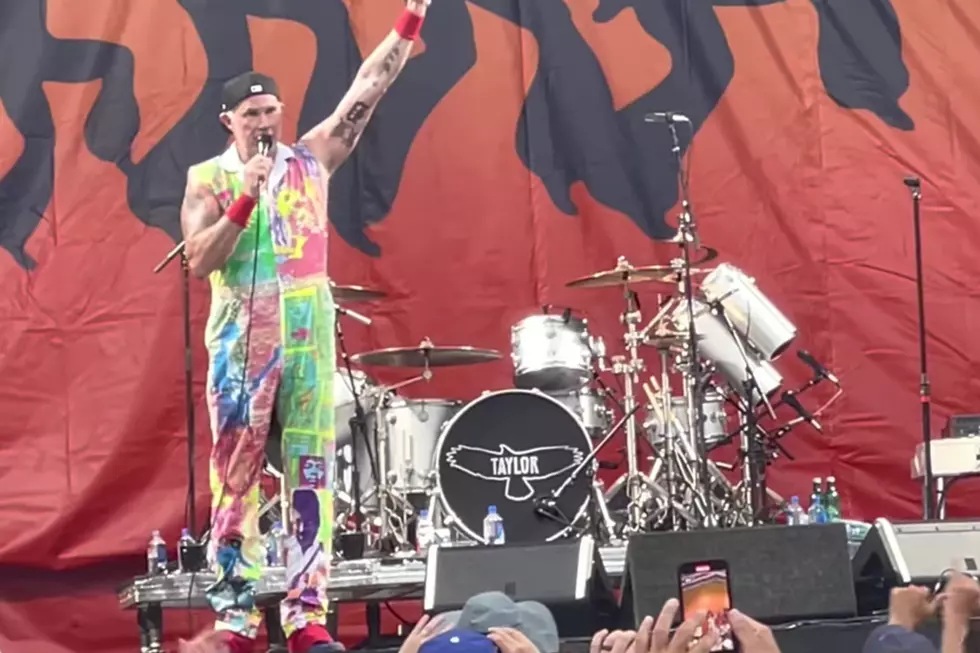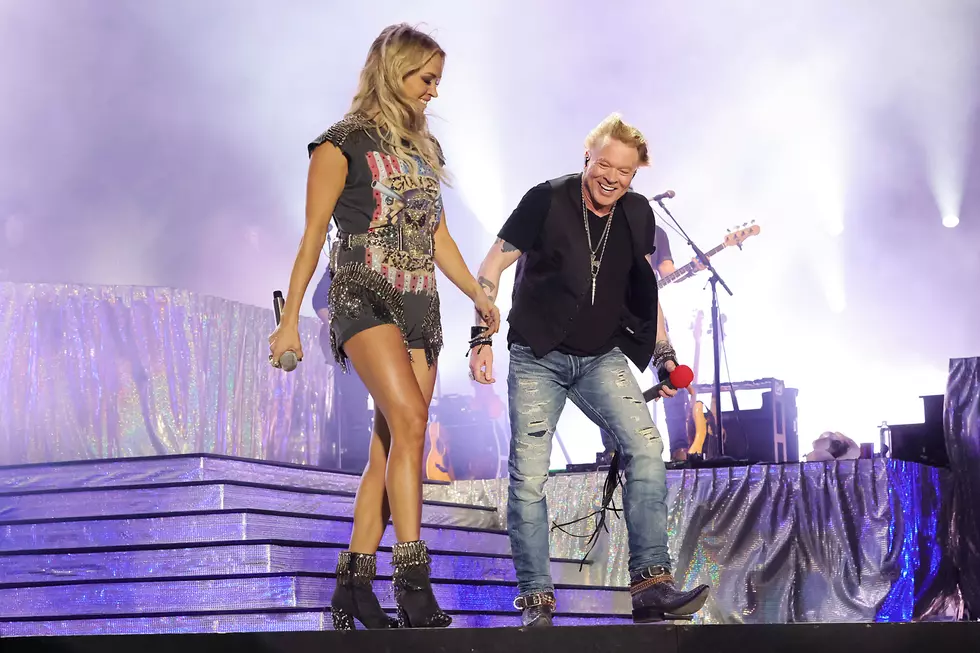
25 Years Ago: ‘Austin Powers’ Scores a Groovy Hit for Mike Myers
For a brief moment in the '90s, Saturday Night Live spin-offs and actors were dominating the comedy movie industry, and Mike Myers was one of the biggest movie stars in the world. The apex of his success was the Austin Powers franchise, which was birthed on May 2, 1997, with the release of Austin Powers: International Man of Mystery.
Myers first began to garner wide public acclaim in January 1989, when he made his debut on SNL. But he had been performing for long before that.
He was a child actor in the Toronto area, with roles in numerous TV commercials when he was young, including one for the British Columbia hydroelectric utility in which Gilda Radner played his mother. Soon he migrated into the Saturday Night Live pipeline by signing on with the Toronto arm of the Second City improv comedy group and performing across Canada and Britain.
As his popularity grew, he began to work frequently on Canadian television sketch comedy shows, in the process developing characters like basement-broadcaster Wayne Campbell and the German impresario Dieter that would eventually delight U.S. audiences.
Watch 'Austin Powers' Trailer
Within eighteen months of his debut on Saturday Night Live, Myers had become one of the most popular cast members and had a large number of recurring bits on the show. These included the aforementioned Wayne Campbell ("Wayne's World") and Dieter ("Sprockets"), along with Linda Richman ("Coffee Talk"), Stuart Rankin ("All Things Scottish") and many more.
With his talent for falling completely into character and ability to create sketches that could support longer storylines, Myers was a natural choice for the spin-off films that SNL producer Lorne Michaels had begun to envision. The first of these, in 1992, was Wayne's World. It was an immediate and immense success – grossing $181 million against a budget of $20 million and spawning a sequel the following year – which convinced Michaels that he could make a move into the film world. He produced eight SNL spin-off movies in the following eight years, as well as several others, like Tommy Boy and Black Sheep which starred SNL cast members but didn't have their roots in sketches.
At the same time, Myers' star had continued to rise. After six years, he retired from Saturday Night Live in 1995 and took a two-year hiatus from acting. In the spring of 1997, he returned with Austin Powers. The idea for the story first took shape in the early '90s when Myers formed a faux '60s mod band with Matthew Sweet and Susanna Hoffs, called "Ming Tea." When they played, Myers would appear onstage as a swinger from that era named Austin Powers.
Watch Ming Tea's 'Daddy Wasn't There' Video
Austin Powers takes this character and turns him into a parody of James Bond. Like Bond, Powers fights evil, drops cool lines, and gets the girls, but unlike Bond, he's ridiculous in every way.
The story pits him against a nemesis named Dr. Evil (also played by Myers), who is a naked parody of master-villain Ernst Blofeld from the early Bond films. Cryogenically frozen in 1967, Dr. Evil has now returned to wreak havoc on the world; Powers, who was also frozen in 1967 to wait for Dr. Evil's re-emergence, gets thawed out to try to defeat him.
From there, the story follows the Bond formula closely and parodically. There is a dastardly plot that threatens all mankind (Dr. Evil holds the world hostage with stolen nuclear weapons), a Bond-girl Love interest (played by Elizabeth Hurley), an evil number two (named Number Two and played by Robert Wagner) an evil henchman (named Random Task, as a satire of the Bond character Oddjob) and a sexy villainess with a suggestive name (Alotta Fagina).
The success of any film like this one comes down to two factors. The first is whether the writers – here Myers himself – can come up with enough comedic bits to keep the movie funny. The second is whether they can string all these bits together into a story that engages the audience and justifies the 90-minute running time. Seen now, it's clear that Austin Powers does a fine job creating a story (although it's aided on this count by having the Bond template to work from), but struggles in coming up with quality bits.
Watch Dr. Evil Argue With His Son Scott in 'Austin Powers'
There are some tremendous moments, particularly centered on Dr. Evil. His initial attempt to blackmail the world for $1 million (he hasn't realized that the value of money is different in 1997 than it was in 1967), his interactions with his truculent son Scott (Seth Green), and his declaration that he's going to put the captured Austin Powers in "an easily escapable situation involving an overly elaborate and exotic death" are all the kind of jokes that still land.
But for every comedic gem in the film, there are four or five moments that fall flat. Too many scenes rely on long awkward pauses or gags repeated multiple times, which makes them feel more uncomfortable than humorous. And with its innumerable '60s references and occasional preachiness, as Powers learns that his political incorrectness won't fly in 1997, the film often comes across as obvious and trope-ridden, rather than sharp or observant.
At the time, though, audiences didn't seem to care. The movie was a huge success and spawned a pair of sequels, The Spy Who Shagged Me in 1992, and Goldmember in 2002. The franchise was successful enough that it put Myers into the "company of Hollywood’s highest-paid stars, among them Leonardo DiCaprio, Jim Carrey, Tom Cruise, Tom Hanks and Will Smith," according to the Los Angeles Times. It also allowed him to segue into an even more profitable franchise several years later, with Shrek.
In retrospect, the '90s SNL comedy film moment seems slight, with neither the grandeur of the movies of the '80s, like Ghostbusters or The Breakfast Club, that preceded it nor the ironic edginess of the comedies that would come to dominate the early '00s. But as every moment does, it made stars, and Myers was at the top of the list.
'Saturday Night Live' Movies That Were Never Made
More From The Basin's Classic Rock










